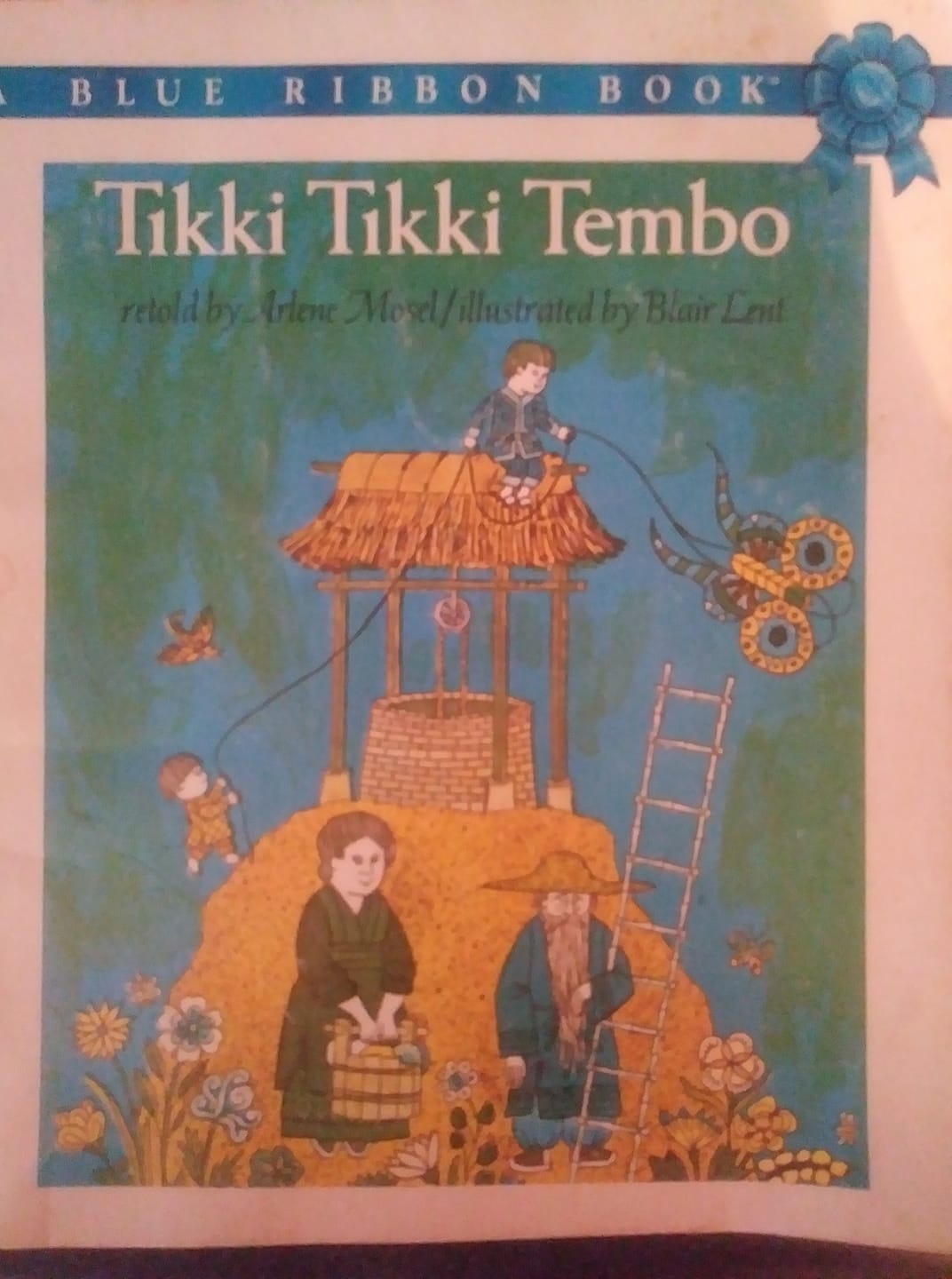JULY 14, 2020 – I’m not talking here about delusions inside the Naked Emperor’s head, accepted or acquiesced in by his supporters and enablers. I’m thinking of books labeled and acknowledged as full-on fiction.
Over decades, my desultory book-reading career has involved mostly non-fiction. “With so much to know about the non-fiction world,” I’d say, “how can I justify time reading fiction?” After all, fiction is . . . fictitious.
But only to a point. Apart from being an acceptable form of entertainment and diversion from one’s troubles, good fiction is based invariably on reality or reactive to it.
Recently, I took time out from hard-slogging through dense non-fiction and picked up Flower Net, a page-turner novel by Lisa See. In my first sitting, I zipped through the first 40 pages. Two days later I’m closing in on the final stretch of the 333-page book.
Dare I say I’ve found it interesting? Riveting? Informative? Well-constructed? Well told? Worth my time?
As I read this cloak-and-dagger mystery by a sophisticated author, this compelling story involving international slave-trafficking, the illegal extraction and sale of bear bile (of all things), comparisons of American and Chinese norms of all sorts—cultural, legal, political, and economic—I realized how much I’ve been missing by my non-fiction approach to book-reading. Is Flower Net high literature? Probably not in the eyes of an expert, but should a concert-goer not applaud a college concert band’s excellent rendition of Ferde Grofé’s Grand Canyon Suite because it’s not the Berlin Philharmoniker performing Beethoven’s Ninth?
Good fiction provides an added benefit, which only great biographies can rival. Character development—as opposed to character improvement—nudges the reader along the continuum of understanding the human condition. Take any thoroughly developed character, from Huck Finn to Rodion Raskolnikov to Liu Hulan (Flower Net), and thanks to the writer’s pen (keystrokes), you come away with a better sense of what makes people tick. And of course, if you have a better sense of what makes individuals tick, you’ll have a better handle on what makes the world go ’round, if not exactly why it’s . . . round.
Though I hasten to add, if you read a lot of Michael Crichton, you’re apt to pick up a lot of legitimate scientific information.
Great fiction is timeless. Anyone who’s read Don Quixote knows this. First published in 1605, this work of farcical genius contains passages as vibrant and insightful today as they were when Cervantes penned them over 415 years ago. And not all of the treasure lies in the author’s satire. In all of literature, one of the greatest expositions of love, beauty, and a woman’s right to choose is in Marcela’s speech after she’s blamed for the suicide of Grisóstomo, her rejected suitor. When I encountered that passage in one of my notable exceptions to non-fiction reading, I was stopped in my tracks. Like the non-botanist visitor at a botanical garden, I was transfixed by this unexpected bed of fragrant blossoms amidst a green panorama of puns and parody.
(Remember to subscribe to this blog and receive notifications of new posts by email.)
© 2020 by Eric Nilsson
